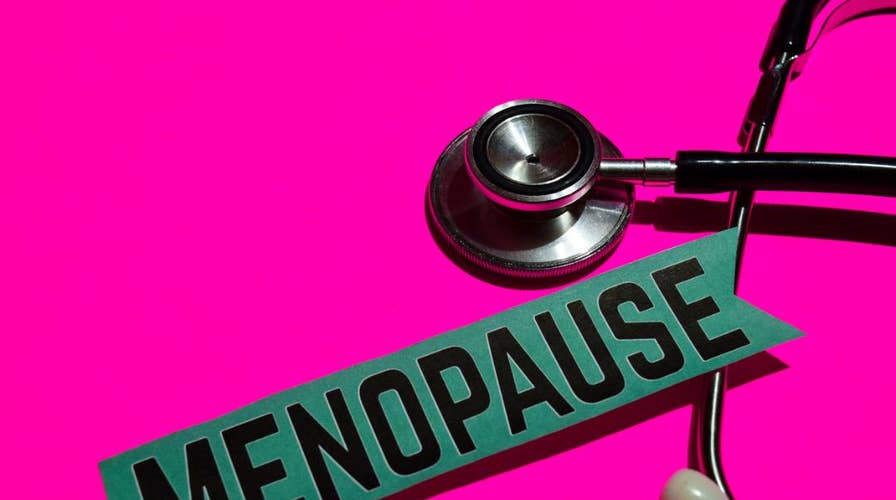Making menopause sexy and approachable
Rochelle Weitzner, the founder of the beauty company Pause-Well Aging, explains why menopause is such a taboo subject and how she's going to help flip that thinking on its head
Women who have sex at least once per month are less likely to enter early menopause compared to those who have sex less frequently, according to a new study, which followed nearly 3,000 U.S. women for a decade.
The results, which were published in Royal Society Open Science, also dispelled previous findings that being married to a male, or being exposed to male pheromones, influenced the timing of menopause, which the authors say is largely linked to genetics.
GIVING BIRTH NOW COSTS MORE THAN US WOMAN EARNS IN A MONTH
“We did not replicate the findings from previous research showing that simply being married is associated with a later ANM (age of natural menopause), most likely owing to the variable cultural and temporal settings of previous studies,” the authors wrote. “However, we did demonstrate that increased sexual frequency during the pre- and peri-menopause decreased the risk of experiencing menopause.”
The authors surmised that the relationship is likely the result of an “adaptive trade-off relative to the likelihood of pregnancy when approaching menopause,” but noted that there is no behavioral intervention that will prevent a woman from inevitably entering menopause.
SECOND US BABY BORN AFTER UTERUS TRANSPLANT FROM DECEASED DONOR
Speaking to Health.com, the lead study author, Megan Arnot, Ph.D., explained that if a woman is not having sex, there is no likelihood of pregnancy, meaning the body may seek to expend its energy elsewhere.
“It might be that there’s a trade-off between continued ovulation and stopping,” she told Health.com. “So there may be a point in life where it’s better off to stop ovulating and invest your energy elsewhere if you’re not going to have a baby (because you’re not having sex).”
The women involved in the study were on average 45 years old at the start, and had reported frequency and type of sex to researchers. During the 10-year study period, 45 percent of women had experienced a natural menopause at an average age of 52. Those who reported having sex weekly were found to be 28 percent less likely to experience menopause than women who had sex less than monthly.
CLICK HERE TO GET THE FOX NEWS APP
“If we interpret these results from a fitness-maximizing framework, it may be the physical cues of sex signal to the body that there is a possibility of becoming pregnant, and therefore an adaptive trade-off may occur between continued energetic investment and reproductive cessation,” the authors noted. “During ovulation, the woman’s immune function is impaired making the body more susceptible to disease. Hence, if a pregnancy is unlikely owning to a lack of sexual activity, then it would not be beneficial to allocate energy to a costly process, especially if there is the option to invest resources into existing kin.”

